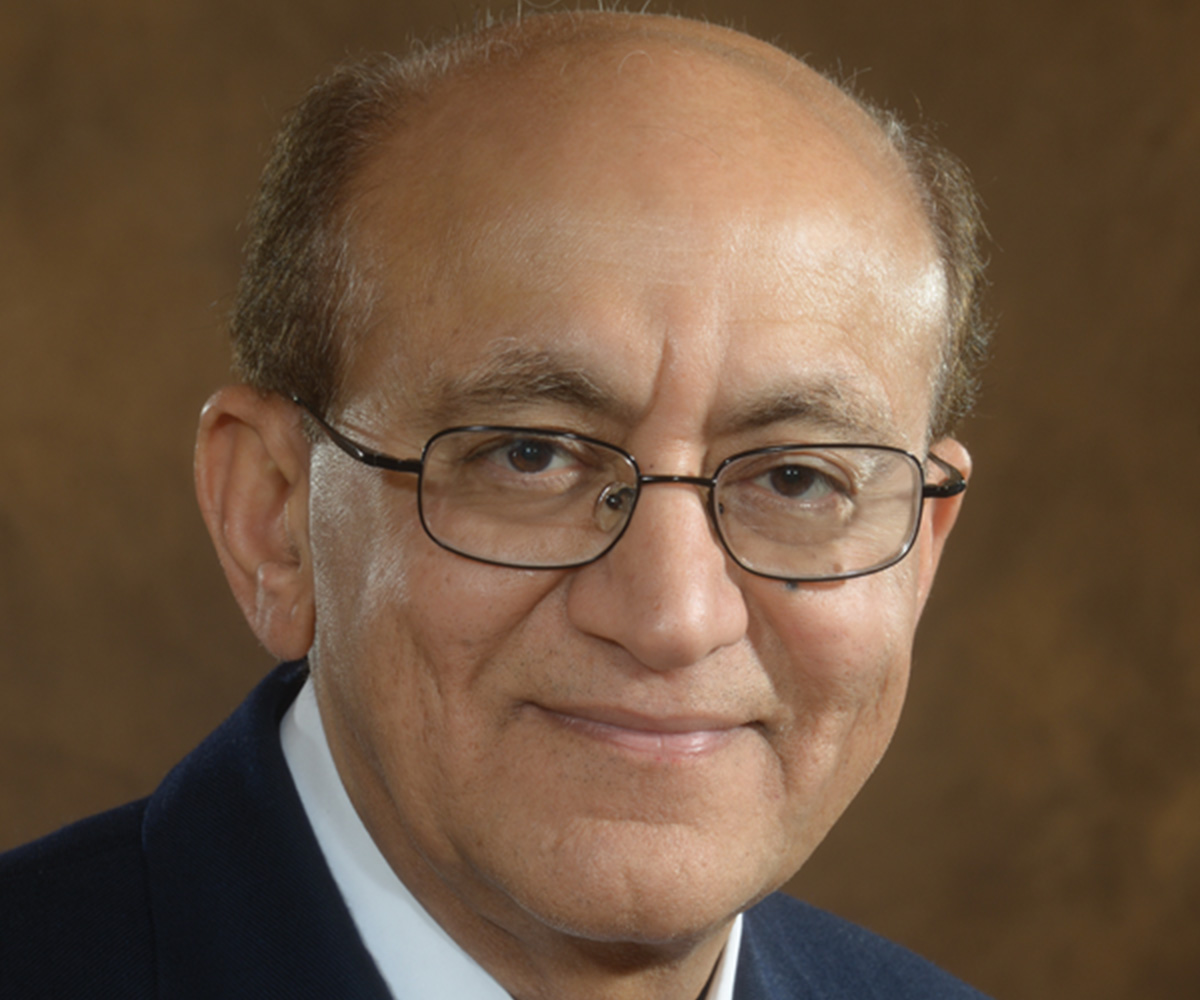
Ludwig Harvard’s Rakesh Jain was honored in April with the 2025 AACR Award for Lifetime Achievement in Cancer Research in recognition of scientific contributions that have advanced our understanding of the tumor microenvironment and its role in cancer progression and responses to therapy. In issuing its award, the AACR made special mention of his formulation and validation of the vascular normalization hypothesis, which it noted “reshaped the use of antiangiogenic therapy and led to FDA-approved drug combinations” for cancer therapy. Rakesh’s research established that abnormalities in the blood and lymphatic vessels in tumors fuel cancer growth and metastasis, limit the delivery of drugs into tumors and diminish their efficacy. He subsequently proposed that antiangiogenic agents—originally developed to block blood vessel formation—could “normalize” blood vessels and showed in preclinical studies not only that this was true but that such therapies improve the delivery and efficacy of multiple drugs as well as the infiltration of anti-cancer immune cells into tumors and their stimulation by immunotherapy. Several clinical trials, some led by Rakesh in partnership with clinical researchers, have since led to the regulatory approval of various drug combinations with antiangiogenic therapies for the treatment of many cancers. Rakesh, who gave an award lecture at the AACR’s Annual Meeting in April, is the third member of the Ludwig community—along with Ludwig Lausanne’s Douglas Hanahan and Ludwig MIT Co-director Robert Weinberg—to have received this prestigious award.
Back to May 2025 Ludwig Link